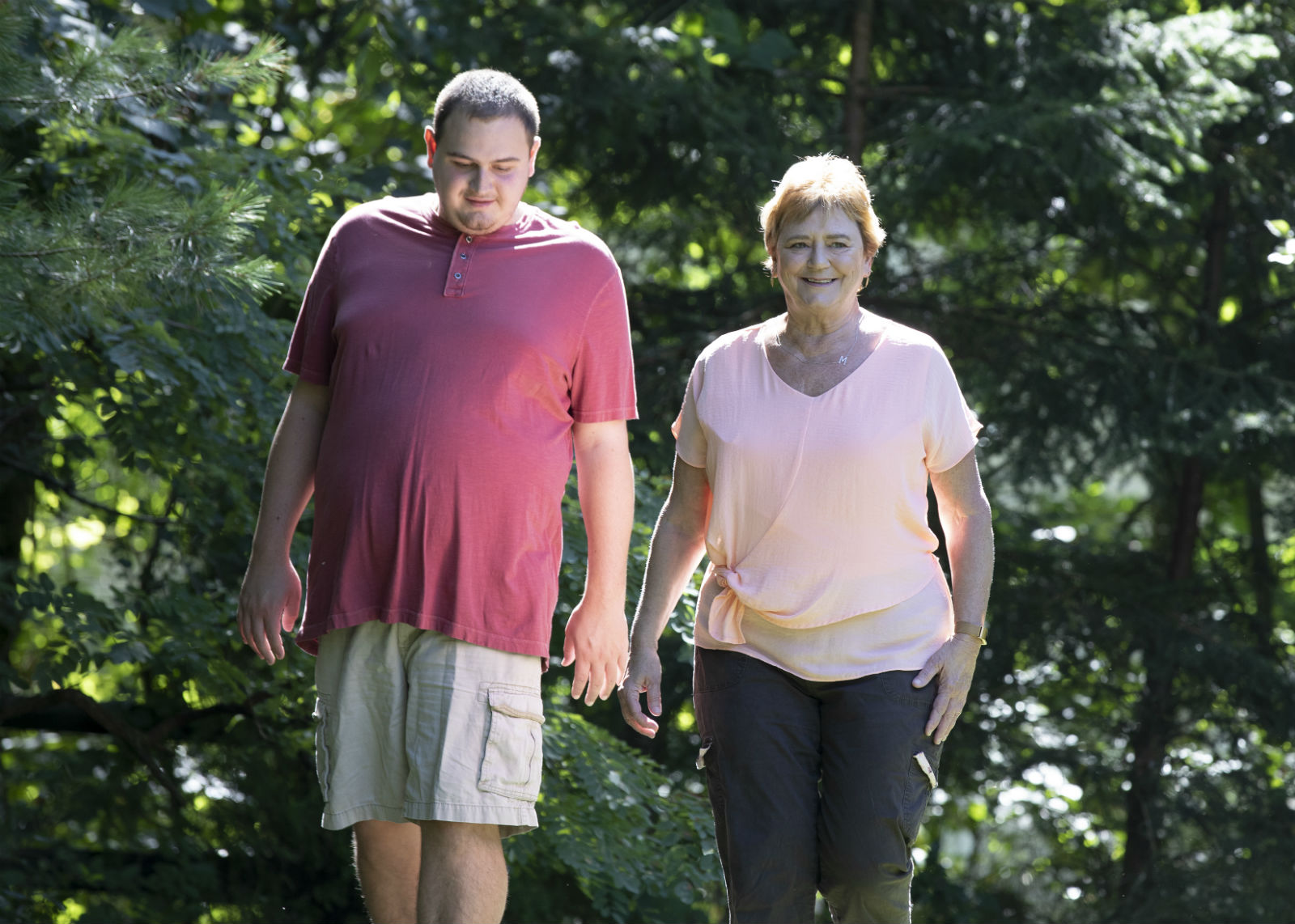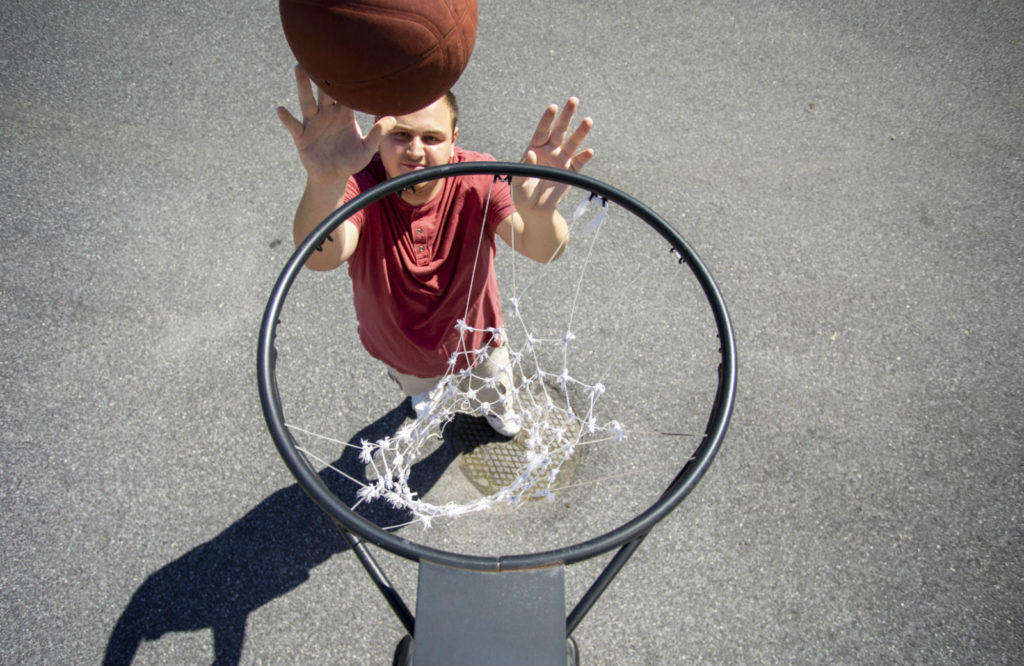Heart transplant program boasts best survival rates in Pennsylvania

Ninety-seven percent of all patients who receive a heart transplant at Penn State Health Milton S. Hershey Medical Center survive for at least one year post-surgery. That’s above the U.S. average of 91% and ranks as the highest one-year survival rate among all transplant centers statewide, according to the Scientific Registry of Transplant Recipients (SRTR).
SRTR data, collected by the Organ Procurement and Transplantation Network and covering January 2018 to December 2019, also shows that the Milton S. Hershey Medical Center heart transplant program achieves:
- A 100% one-month post-surgery survival rate (U.S. average: 96%)
- A transplant rate of 133.1 transplants per 100 person years on the transplant list, which ranks at 55% above expected. That rate is an indicator of the program’s success in getting patients their needed heart transplant
The results come as no surprise to heart transplant survivor Brandon Seiber, age 22, of Enola and his grandmother, Cindy Gates. Seiber, who lost his mother from cancer in April 2019, fell ill while vacationing with his family in Virginia Beach, Va., three months later. He was rushed to a local hospital. “Doctors said his heart was only beating at 12.5% and that he had 30 pounds of fluid around his heart,” Gates said.
Once back in Pennsylvania, Seiber became bedridden. In August 2019, an ambulance rushed him to Hershey Medical Center, where heart transplant cardiologist Dr. John Boehmer assessed his condition and recommended him for a transplant. “It only took about a week for them to find a heart that would work for me,” Seiber said.

Seiber enjoys playing basketball in his backyard again thanks to successful heart transplant surgery.
Cardiothoracic surgeons Drs. Kentaro Yamane and Robert Dowling performed Seiber’s heart transplant surgery on Sept. 5, 2019. Seiber then spent a month in the hospital, regaining his strength and learning to stand and walk again. Now, he’s back to playing basketball with friends. He’s also learned about another condition that contributed to his earlier heart failure: muscular dystrophy. “I always had weakness in my right leg, but we didn’t know why until Dr. Boehmer did some genetic testing and discovered it,” Seiber said.
The family felt supported before, during and after the surgery, by Boehmer and heart transplant coordinators Taylor Hodges, Courtney Martin and Sonya Bressler. “They checked on us every day, asking what we needed and helping both of us,” Gates said. “It’s unbelievable what they can do.”
Stories like Seiber’s reflect a team approach to heart transplants that includes surgeons, cardiologists, intensivists, anesthesiologists, nurses, nurse practitioners, pharmacists, social workers, financial counselors and nutritionists. “We stay in communication with every patient who leaves the hospital,” Boehmer said.
Five years ago, the heart transplant team reviewed every aspect of its care and refined the program to help patients meet challenges, including language barriers, cognitive issues and adherence to discharge instructions.
The heart transplant team has performed 541 surgeries since 1984. More than 200 heart transplant recipients receive follow-up care at Hershey Medical Center.
One-year survival rate of other regional heart transplant centers in Pennsylvania
| Allegheny General | 92.85% |
| UPMC-Pittsburgh | 91.86% |
| Jefferson | 91.30% |
| Temple | 90.48% |
| University of Pennsylvania | 89.25% |
If you're having trouble accessing this content, or would like it in another format, please email Penn State Health Marketing & Communications.
